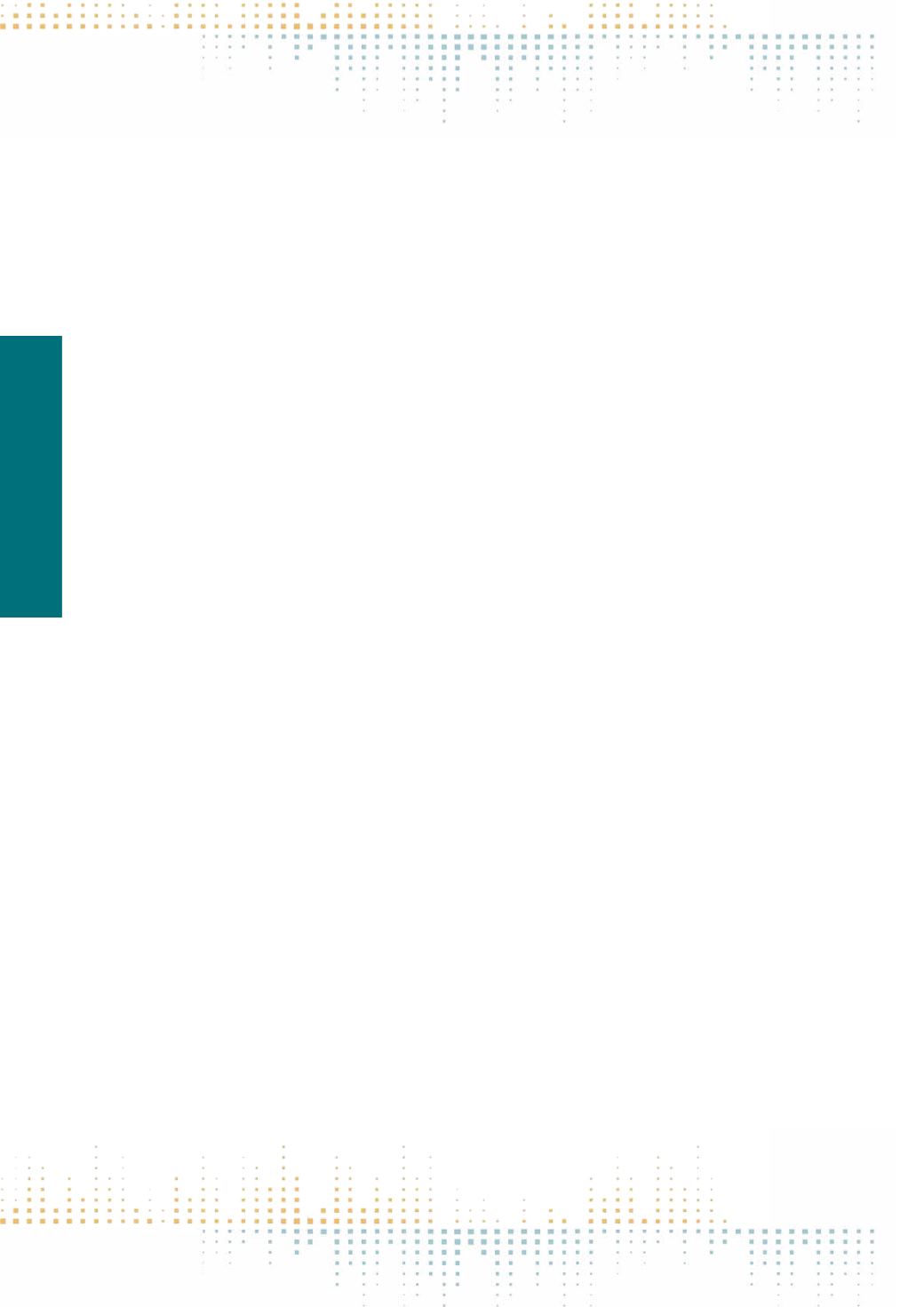

616
Thursday, November 10
1 1 : 0 0 – 1 2 : 3 0
such circumstances it can be difficult for the regulators and the public to understand to what extent the advice that these e-safety NGOs provide to care‑
givers and educators can be considered as impartial and independent. In this paper, the relationship between industry and NGOs are discussed, reviewing
how many of the self-regulatory schemes relating to the Internet, as well as other areas, draw their legitimacy from having NGOs as third-party experts,
evaluators and guarantees of the appropriateness and effectiveness of the self-regulatory commitment. NGOs, as well as independent experts, are mem‑
bers of advisory boards, evaluation teams or publicly endorse the industry efforts. This is often a tit-for-tat exchange of logos and endorsement: the NGO
endorses the self- regulation and the industry players or their umbrella organizations support, usually financially, the work of the NGO. For instance, Inhope,
the network of hotlines, listed Microsoft as its ‘principal industry partner’ and is also sponsored by Telefonica, Vodaphone and GSMA. These four industry
stakeholders also made up the Inhope advisory board, in addition to Interpol and Children’s Charities’Coalition on Internet Safety. Publicizing the relation‑
ships between the NGO sector and the industry is also important for understanding how the debates on appropriateness of command-and-control regu‑
lation vs. self-regulation are being shaped by these actors. Situating this discussion into the context of Beck’s Individualization theory (Beck & Beck-Gern‑
sheim, 2001) this contribution addresses the implications of this rarely examined aspect of the self-regulatory process, based on the author’s research.



















